Spain's Anti-Doping Head denies Puerto verdict narrowly missed WADA statute of limitations deadline
'There are positive lessons to be taken from this' Gomez Bastida tells Cyclingnews
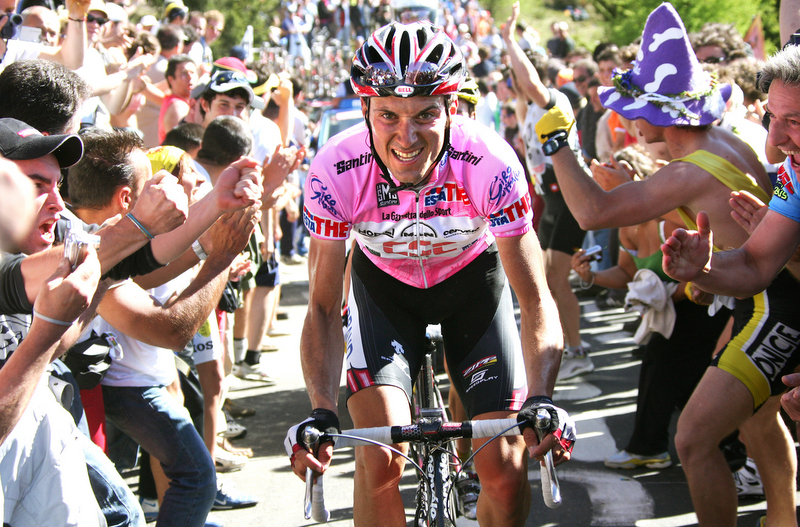
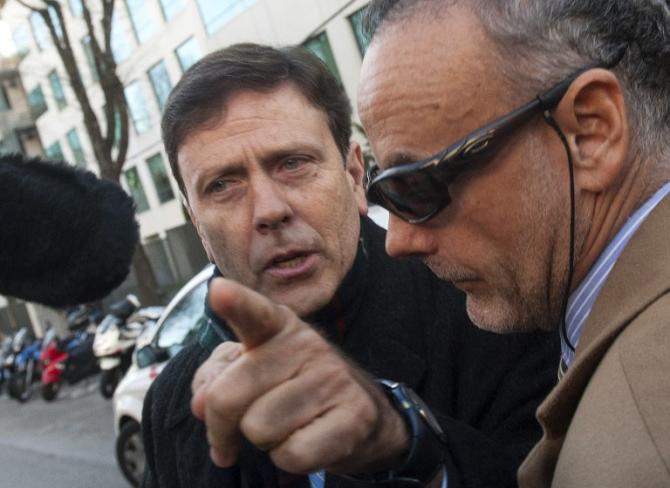
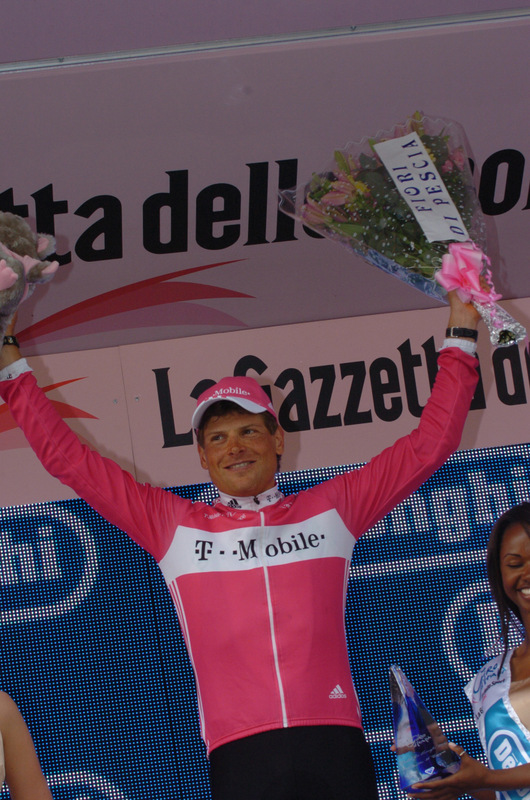
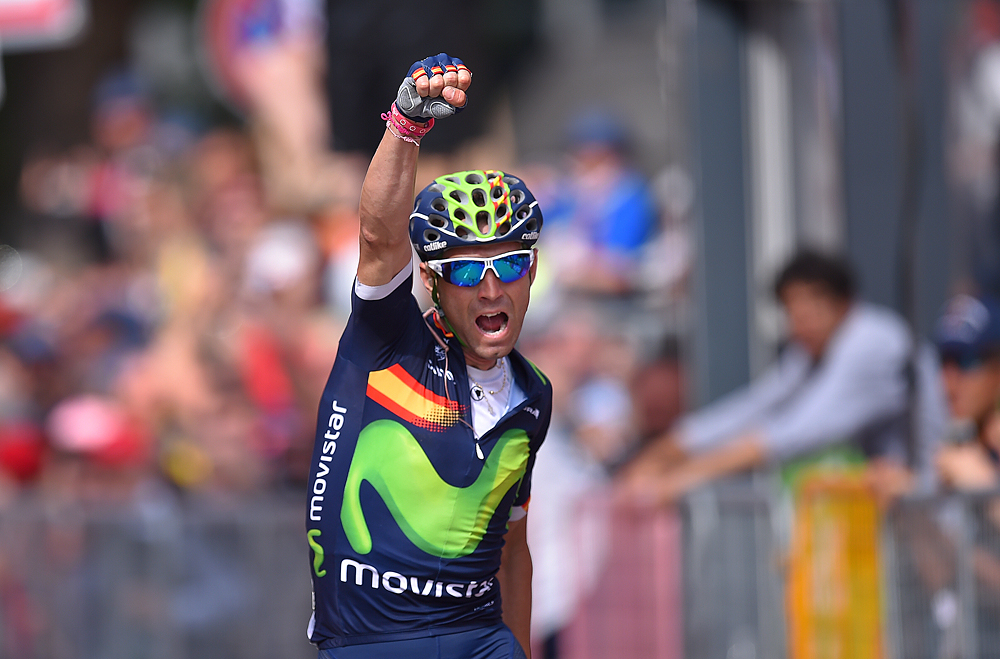
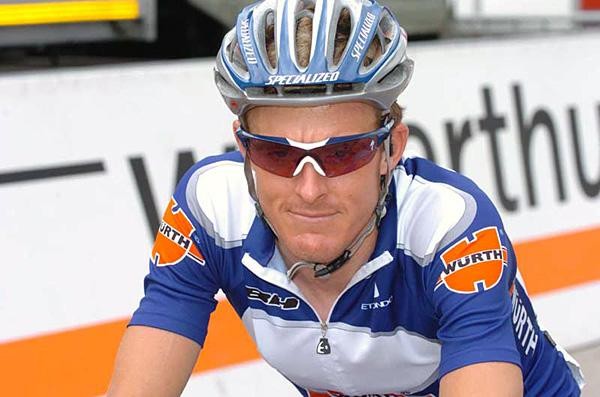
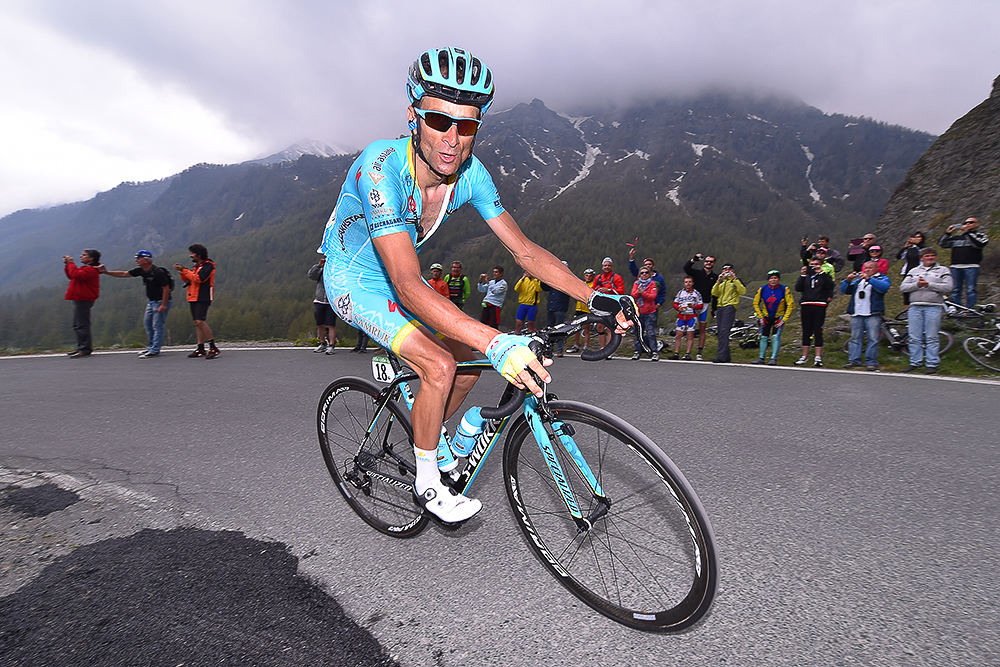
Spain's head of its official anti-doping body, AEPSAD, Enrique Gómez Bastida has denied widespread reports that the long-awaited verdict on the Operacion Puerto case missed WADA's 10-year deadline on its the statute of limitations by a bare three weeks.
Puerto prosecutor insists on two-year sentences for Fuentes and associates
Puerto: Fuentes willing to give up client list
Puerto: Defense says Fuentes acted inside Spanish law
Operacion Puerto blood bags to be handed over to anti-doping authorities
Fuentes recognizes 'some top sports names' could be owners of Puerto blood bags
Operacion Puerto's 'start-date' - the day of the raids and seizure of banned products in Madrid and elsewhere - was on May 23rd 2006 meaning the ten year 'anniversary' for Puerto fell just a few weeks before Tuesday's final verdict was published by the Madrid courts.
As a result, when Tuesday's verdict was published it was widely reported that WADA's current ten-year statute of limitations on doping offences had been missed by less than a month. The implication of such reports was that had the deadline not been passed and once identification of the 211 blood bags at the centre of Puerto has - as is finally permitted - taken place, then more suspensions for athletes implicated in Spain’s biggest ever doping case and one which rocked international cycling to its core, could have taken place. Up to now, just five cases have been confirmed under anti-doping regulations to date: Jan Ullrich, Jorg Jaksche, Michele Scarponi, Ivan Basso and Alejandro Valverde.
However, in an interview with Cyclingnews, Gómez Bastida argued in fact the time limit for potential bans for sports people on Puerto had expired in 2014, given WADA's current statute of limitations came into effect in 2015.
According to the anti-doping chief, longstanding doping affairs which had already reached the previous statute of limitation maximum of eight years - as was the case of Puerto, dating from 2006 - were declared to be exempt from the extended time limit of a decade.
"That [ten year maximum missed by Puerto by weeks] is the general idea, but in fact that's not the case," Gómez Bastida told Cyclingnews. "The new ten year statute of limitations is only applicable, according to the WADA code of 2015, to those cases, like Puerto, which had not already passed the previous limit of eight years."
Before taking up his post at AEPSAD, which was created in 2013, Gómez Bastida had worked fulltime as an investigator for Spain's Civil Guard, where he was responsible for the Operacion Puerto anti-doping probe. That dual role he played in Puerto - that of police investigator and Spain’s main anti-doping government official - has produced what he calls 'a bitter-sweet feeling' over the ultimate outcome of the case, with all those accused acquitted. There is satisfaction, too, that Puerto blood bags will be allowed by the courts, at the last possible moment, to be analysed.
The latest race content, interviews, features, reviews and expert buying guides, direct to your inbox!
But pleased as he may be about where and how the Puerto evidence will now be used, Gómez Bastida urges caution when asked about claims in the Spanish media that there are a total of 23 bike riders and 12 athletes in the case. Such figures, he says, have yet to be established clearly. “That was published in the media, but I think what matters right now is the verdict in itself.”
Whilst keen to play down media speculation, Gomez Bastida points out that athletics and cycling were the two to which Eufemiano Fuentes, the doctor at the head of the doping ring, had the strongest working links. But he warns that, "there are many steps to be taken before we reach conclusions in that sense. I hope it won't take another ten years, but we can't really calculate, yet. At this point it's impossible to say how long it will take."
Of those international bodies that lodged appeals in the Puerto case and who are now responsible for the process of identifying the blood bags, Gomez Bastida expects WADA will play the guiding role in that process of identification, with backing from the UCI and CONI. Although AEPSAD cannot take part directly because it was not involved in the case when it began - in 2006 it did not yet exist - Gomez Bastida says he is as keen as anyone in anti-doping to get that process underway and the anti-doping body is willing to offer support as is necessary. To that end, Gomez Bastida has already this week met with José Luis López Cerrón, president of the Spanish Federation which also lodged a final appeal against Puerto's being archived.
He is noncommittal about yet more media claims that as few as 19 bags of the 200-plus that were seized are in fit conditions to be readily identified through DNA, or that 99 bags only contain plasma [blood's liquid component minus the cells] and the remainder of 'normal' blood, again affecting any identification process.
As Gomez Bastida points out, it's not clear - yet - what new techniques may be available for the identification process and which can be applied to bags which contain everything from red blood cells concentrates through to blood in its normal format. "The hematologists will have to answer that question, responding to it now on my part would be jumping the gun a little."
The ending of Puerto's court battles, in any case, marks the long overdue closure of a turbulent chapter in Spanish sports history. It also will see the identification of at least a number of the 211 blood bags that were at the centre of the doping scandal.
Whilst he expresses barely concealed disappointment at the final acquittal of all those charged, Gomez is nonetheless pleased to see the process of identifying the blood bags will now go ahead. In previous interviews with Spanish daily El Mundo, Gomez Bastida said had that identification process not happened, that would have been "a very tough blow for Spain," where Puerto has cast a lengthy legal shadow.
"Speaking as an anti-doping director, that the verdict will permit the identification of some sportspeople involved the case, despite the time that has gone past, is positive," he reflects.
"On the other hand, speaking as a policeman and looking at this as an investigation where you are working towards the prosecution of individuals, the verdict of the trial, for whatever reason, has not been successful.
"So I've got mixed feelings, but there are positive lessons to be taken from this, too. First we look at the sentence in detail, see what can and can't be done and then hope that things work out as well as possible."
Alasdair Fotheringham has been reporting on cycling since 1991. He has covered every Tour de France since 1992 bar one, as well as numerous other bike races of all shapes and sizes, ranging from the Olympic Games in 2008 to the now sadly defunct Subida a Urkiola hill climb in Spain. As well as working for Cyclingnews, he has also written for The Independent, The Guardian, ProCycling, The Express and Reuters.
